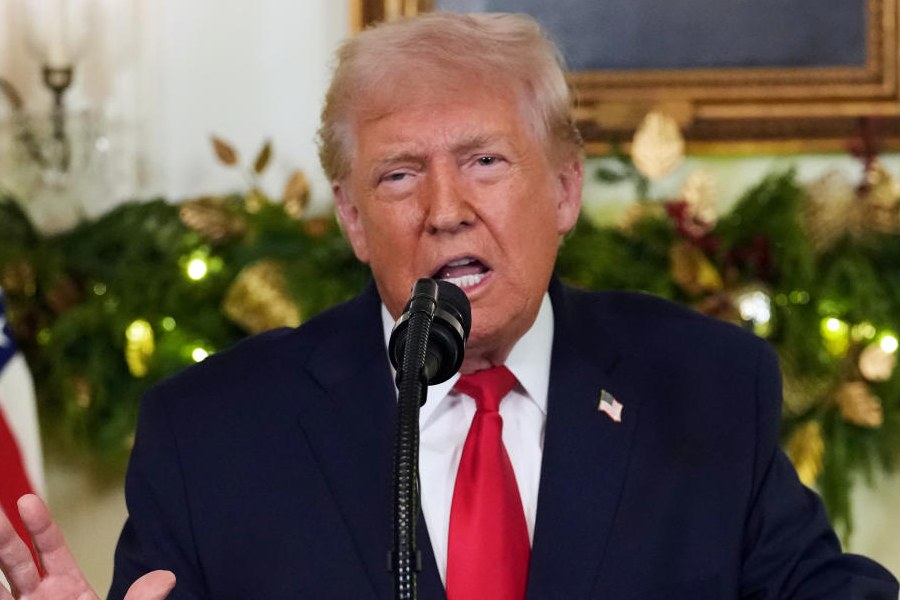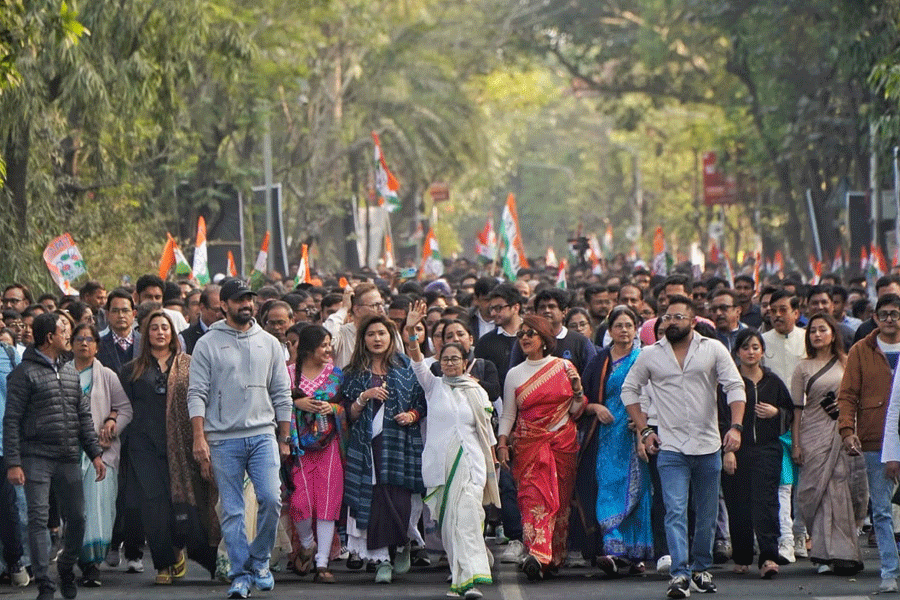 |
First, the good news. Four of India’s 11 Indian Institutes of Information Technology (IIITs) are to get statutory backing. What’s more, the four IIITs in Allahabad (Uttar Pradesh), Gwalior (Madhya Pradesh), Jabalpur (MP) and Kancheepuram (Tamil Nadu) are to become “institutions of national importance”.
So these institutes will be on a par with universities — they can award degrees and diplomas. Explains Prof. N.L. Mitra, chancellor of the Kalinga Institute of Industrial Technology, Bhubaneswar, and former director of the Bangalore-based National Law School of India University, “Non-statutory institutions cannot give their own degrees and diplomas but are required to be affiliated to a university for the recognition of their degree. They are also regulated by the All India Council of Technical Education.”
These four institutes will now be awarding their own degrees and regulating their academic and research standards. “As such, they will be able to attempt to attain global standards,” adds Mitra.
All this will happen once Parliament passes the Indian Institutes of Information Technology Bill, 2014, which was introduced in the Lok Sabha on August 12, 2014, by human resource development minister Smriti Zubin Irani.
The bad news? Questions remain over whether the four IIITs will remain independent bodies because they’ll be funded and controlled by the central government.
While the four IIITs that the bill covers are to be funded entirely by the ministry of human resource development, the other IIITs — in Hyderabad, Bangalore, Thiruvananthapuram, Pune, Bhubaneswar and New Delhi, to name a few — have been excluded from the bill because they are to be set up as autonomous institutions on a public private partnership (PPP) basis, by the ministry of human resource development, the state governments where the IIIT will be located and private organisations.
The government plans on setting up 20 more IIITs on a PPP basis, in every state. The National Association of Software and Services Companies (Nasscom) had submitted a report to the government on the establishment of the new IIITs. These offer BTech and MTech degrees, among others, and are meant to plug the shortage of highly qualified staff that information technology companies face.
Says Nirupam Chaudhuri, eastern regional head of Nasscom, “The Union government conferring statutory status to the IIITs is a welcome move. This would provide quality skilled labour. There are only a few IITs and the demand for a skilled workforce for information technology is far more. IIITs are supposed to be located in several cities unlike the IITs which are located only in few cities.”
“The IIITs were functioning as societies. Now they will be juridical entities incorporated under a law. Their management and control is now to be as per the proposed law,” says senior Supreme Court advocate Harish Salve.
So they can be sued in a court of law. “Any action taken by an ‘authority’ can be challenged on the ground of violation of any of the Fundamental Rights set out in Part III of the Constitution,” says P.P. Rao, senior Supreme Court advocate.
In contrast, a society, registered under the Societies Registration Act 1960 or a cooperative society under any of the State Cooperative Societies Act, does not have the status of a legal person. Societies are free to make their own rules. This has created problems when the government tried packing them,” Salve points out.
Significantly too, the four IIITs covered by the bill won’t have to adhere to University Grants Commission (UGC) diktats. “Fortunately, these institutes can reject any direction to adhere to UGC rules and guidelines because these are not only statutory institutes but are also established as institutions of national importance,” notes Mitra.
That’s not all. The four IIITs will have a nationwide pool of talented human resources to draw on, both for faculty and students, just as the Indian Institutes of Technology and other central universities do.
Still, the IIITs will now be dependent on the Union government, financially and administratively. Modelled on the Indian Institutes of Technology Act, 1961, the bill confers powers on the Visitor (the President of India) to appoint the director. The chairperson of the board of governors will be appointed by the Visitor from three names the ministry of human resource development recommends. “That shows the Union government is directly participating in policy planning and periodical administration and accountability. Naturally one cannot expect autonomy, direct responsibility and accountability,” says Mitra.
But Nasscom’s Chaudhuri demurs. He points out that the IITs have managed to maintain their autonomy despite the Centre’s involvement. And Salve adds that academic activities like teaching and research, and maintenance of standards are to be entrusted to the Senate which has no government nominees. So autonomy is ensured in all academic matters as in the case of universities.
Still, there’s little doubt that the four IIITs will be hugely dependent on the Centre for finances and so could face bureaucratic dominance. As Rao puts it, “He who pays the piper, after all calls the tune.”











